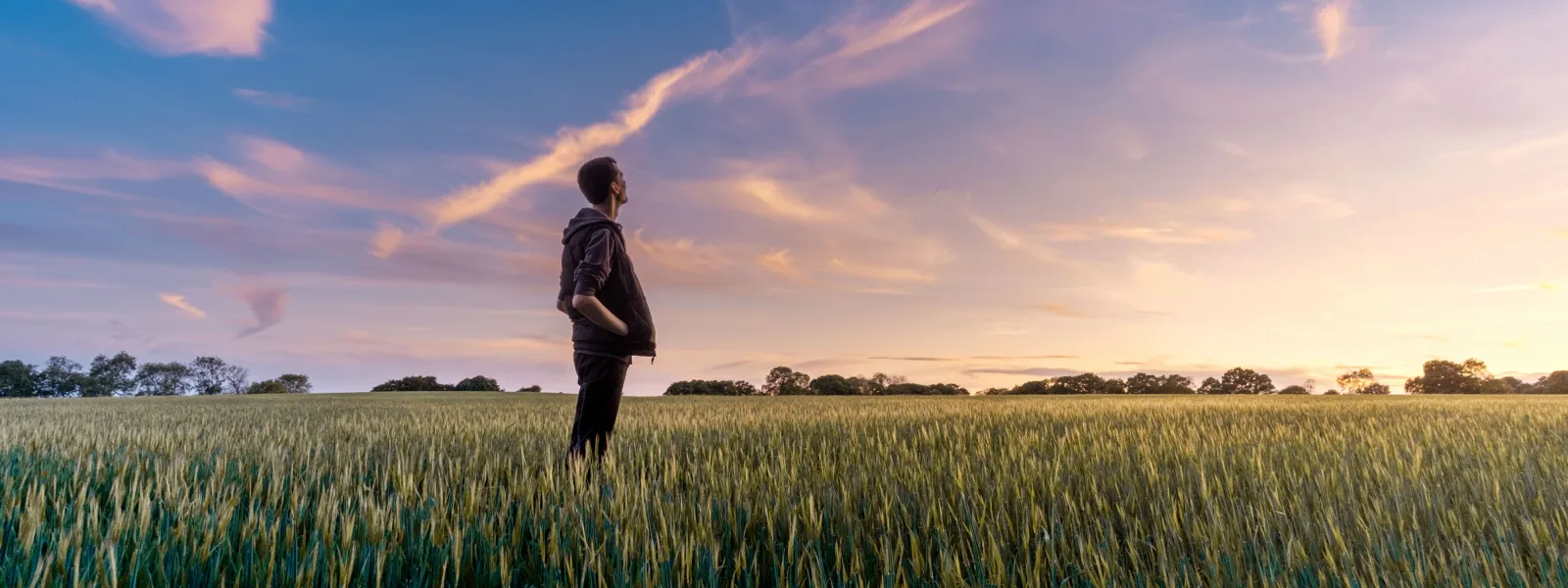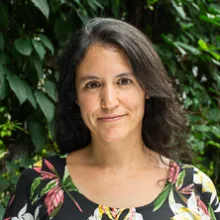
Nature first: it’s time to build environmental consciousness
Photo: bestpicko.com (CC BY 2.0).Speaking in front of more than 500 people was a unique and beautiful experience, above all for the reason I came together with such an amazing group of people. We were seven diverse individuals with two powerful things in common: our love for the natural environment and our work to preserve it.
We were in Santiago, Chile as part of the conference, “Nature first: a new deal with the environment.” The great interest the audience had in the event filled me with such joy, as did the opportunity to speak beside my colleagues from The Naturalists, a series of interviews in which professionals from distinct environmental professions were invited to speak about what being a naturalist implies in the modern world.
The video series and this event was put on by Ladera Sur, an online platform and community built around nature, the environment, the outdoors, travel, and much more. It was Ladera Sur that introduced us as 20thCentury Naturalists, a great honor and an even greater obligation.
But what does “nature first,” a title with such urgency, really mean?
It means that, for too long, nature has been subsidizing our technological advancements and even our quality of life. We live in a world in which those who have the means can do practically anything. Perhaps some of us have stopped to think about tomorrow, and how it may be difficult for our children or grandchildren to enjoy even the simplest things in life. But the time has come to reorganize our priorities. We have neither the time, nor the credit, to continue borrowing from nature.
Before proceeding with any potentially harmful project or activity, we first must demonstrate that the activity would not hurt the health of the planet. Only after assuring that is it worth asking whether a project is also good business, or if it will make our lives easier or more comfortable.
This is not the position of an eco-terrorist, nor is it counter to economic development. It’s simply looking ahead at the reality of a living on a sick planet—a planet on whose health we depend.
The good news is that the changes we need to make to resolve the environmental crisis are not only achievable; they are what people living on this planet actually want.
A world with low emissions is a cleaner and more just world; a world driven by renewables means less pollution and more equitable access to energy; a world with more protected natural areas is a greener, healthier, more verdant world; it is rich in biodiversity and has a greater capacity to provide clean air and water.
See the complete video of the conference below.
Florencia Ortúzar Greene

Florencia is the Director of AIDA's Climate Program, and Coordinator of the Climate Finance Area, working from Santiago, Chile. She obtained her Law degree from the Pontificia Universidad Católica de Chile and also completed an MSc in Environmental Politics and Regulation at the London School of Economics (LSE) in England. She joined our team in 2012 and collaborates with Climate and Ecosystem programs. She enjoys spending time with her pets as well as cooking, camping and nature trekking.
